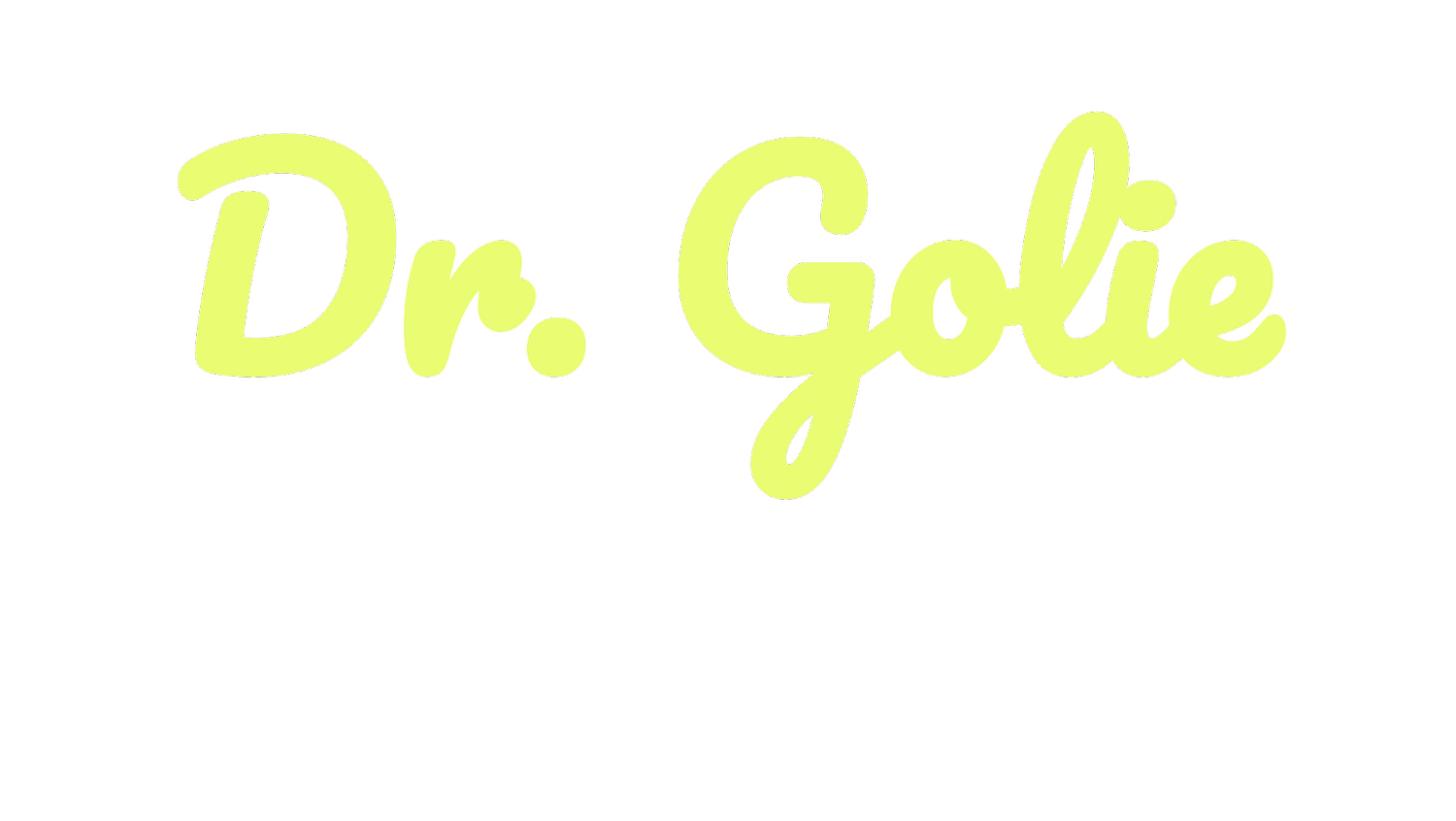Understanding Eating Disorders: Causes, Symptoms, and Treatment Options
What are Eating Disorders?
Eating disorders are characterized by abnormal or disturbed eating habits that can lead to serious physical and psychological consequences. They are often associated with a distorted body image and a strong desire to lose weight. Eating disorders can affect anyone, regardless of age, gender, or cultural background, but they are most commonly diagnosed in young women.
Causes of Eating Disorders
The exact cause of eating disorders is not known, but research suggests that a combination of genetic, biological, environmental, and psychological factors can contribute to the development of these conditions. Some of the factors that may contribute to the development of eating disorders include:
Genetics: Eating disorders have been shown to run in families, suggesting that there may be a genetic component to these conditions.
Biology: Changes in brain chemistry and hormones may play a role in the development of eating disorders.
Environmental factors: Exposure to traumatic events, stress, and pressure to conform to cultural ideals of beauty can contribute to the development of eating disorders.
Psychological factors: Low self-esteem, negative body image, and depression are common psychological factors that may contribute to the development of eating disorders.
Symptoms of Eating Disorders
The symptoms of eating disorders can vary depending on the type of condition, but common symptoms include:
Rapid weight loss or gain
Preoccupation with food and weight
Distorted body image
Extreme fear of gaining weight
Refusal to maintain a healthy body weight
Binge eating followed by purging
Use of laxatives, diuretics, or other medications to lose weight
Irregular menstrual cycles
Constantly feeling cold
Depression and anxiety
Treatment Options for Eating Disorders
Treatment for eating disorders typically involves a combination of psychotherapy, medication, and nutritional counseling. Some of the most commonly used treatments for eating disorders include:
Cognitive Behavioral Therapy (CBT): This type of therapy focuses on changing negative thought patterns and behaviors related to food and weight.
Interpersonal Psychotherapy (IPT): This type of therapy focuses on improving relationships and communication skills.
Family-Based Therapy (FBT): This type of therapy involves the family in the treatment process and focuses on helping the person with the eating disorder regain control over their eating habits.
Medication: Antidepressants and other medications may be prescribed to help manage symptoms of depression and anxiety.
Nutritional Counseling: A registered dietitian can help the person with the eating disorder develop a healthy relationship with food and develop a balanced meal plan.
In conclusion, eating disorders are a group of mental health conditions that can lead to serious physical and psychological consequences if left untreated. If you or someone you know is struggling with an eating disorder, it is important to seek help from a mental health professional. With proper treatment, people with eating disorders can recover and regain control over their lives.


